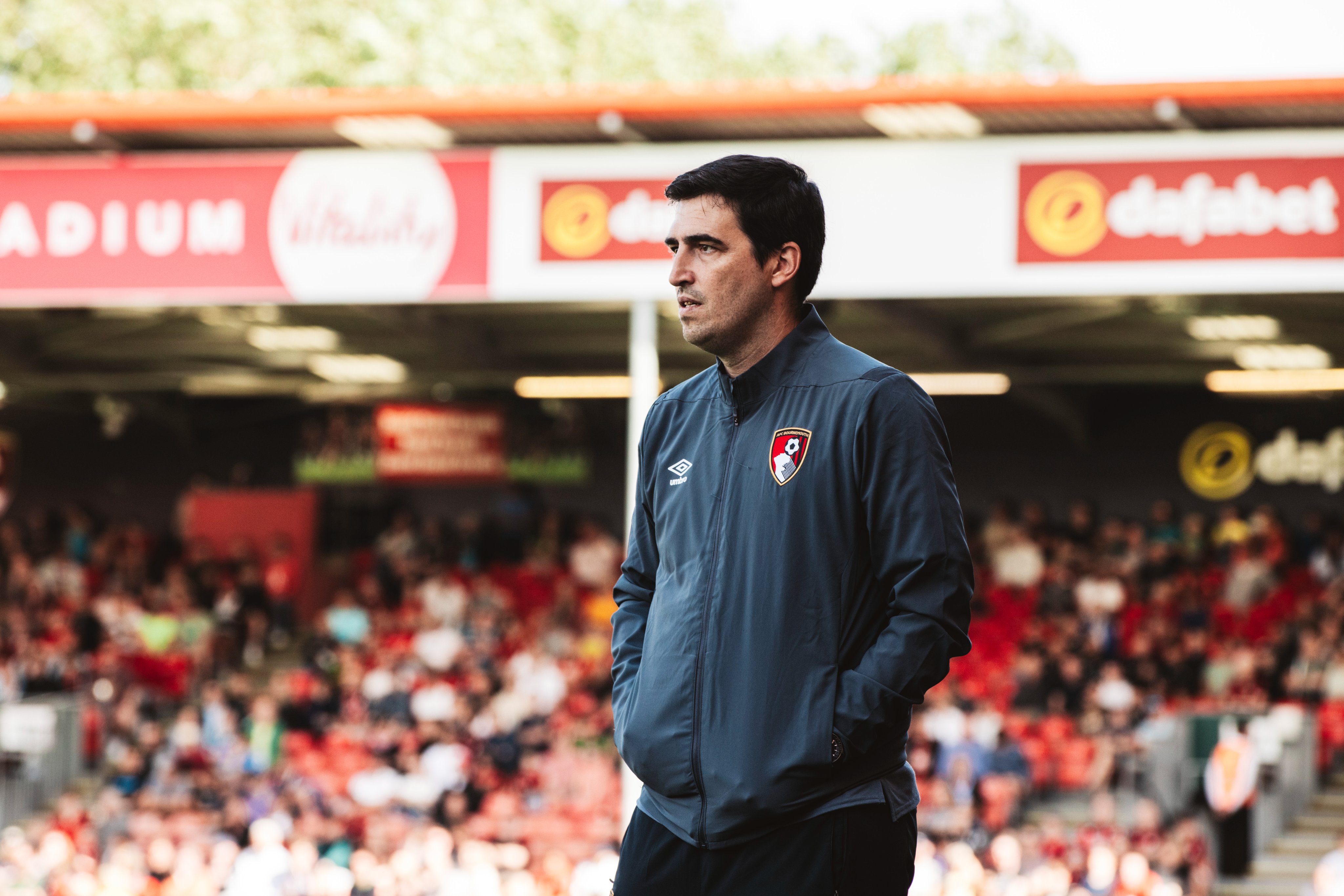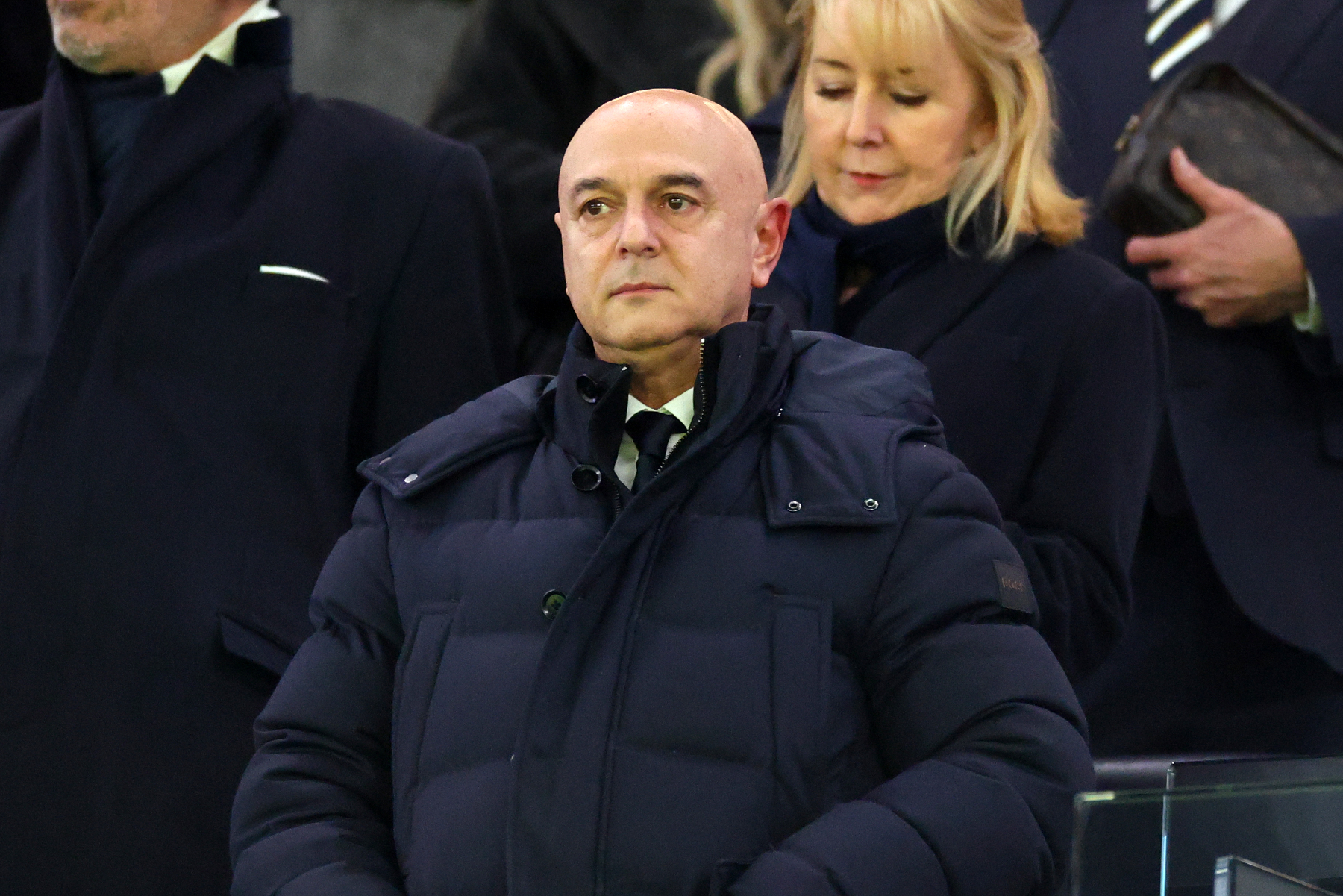Tottenham Hotspur have received a timely boost ahead of their must-win Europa League quarter-final second leg against Eintracht Frankfurt, with defender Kevin Danso returning to the squad after recovering from a hamstring injury. As exclusively revealed by Spurs Web, Danso is back in full training and will travel with the team to Germany. While he’s …
SPURS AIM FOR CUNHA
Tottenham Hotspur are preparing to break their transfer record for the second summer in a row as they attempt to put a dismal 2024/25 season behind them and give Ange Postecoglou the tools to rebuild a flagging squad. The North London side currently languish in 15th in the Premier League, with six games left to …
SPURS FACE BATTLE FOR IRAOLA
Tottenham’s turbulent season has left Ange Postecoglou on increasingly shaky ground, and while the club continues to publicly back the Australian, behind-the-scenes contingency plans may already be forming. But if Spurs do decide to part ways with Postecoglou at the end of a dismal campaign, early signs suggest they’ll face a serious uphill battle to …
WOLVES PILE ON THE PRESSURE
Tottenham’s miserable Premier League season took another painful turn on Sunday, as Ange Postecoglou’s heavily rotated side were comfortably beaten 4-2 by Wolves at Molineux. With six changes made ahead of a make-or-break Europa League second leg in Frankfurt, Spurs’ glaring defensive frailties once again cost them dearly — and questions around the manager’s future …
ANGE LIKES POCH TOO
Tottenham Hotspur head coach Ange Postecoglou has responded calmly to Mauricio Pochettino’s recent comments about wanting to return to the club, insisting he does not feel “disrespected” and dismissing the impact of speculation regarding his future. Pochettino, who is currently in charge of the United States men’s national team, made headlines during the international break …
LEVY DEFENDS TRANSFER SPENDING
Tottenham Hotspur chairman Daniel Levy has responded to critics of the club’s transfer spending following the announcement of a £26.2 million loss after tax for the year ending June 2024. While this loss marks a significant reduction from the £86.8 million loss reported for the previous year, the figures also reflect a steep decline in …
ROMERO EYES EXIT
Tottenham Hotspur’s disastrous season continues to spiral downwards as they desperately try to salvage what’s left of their campaign. With a spot in the domestic cups already lost and the club sitting a disappointing 14th in the Premier League, things have only worsened over the past few months. The pressure is mounting on manager Ange …
SPURS BATTLE FOR WUNDERKID
Both Manchester City and Tottenham Hotspur have been well below their usual standards this season, leaving them already looking to next year for improvement. Rumours are swirling that they may look to Southampton’s promising young talent, Tyler Dibling, with a reported price tag of over £100 million. Southampton’s return to the Premier League has been …
TOTTENHAM TARGET CREMASCHI
Tottenham Hotspur will be hoping to regroup during the current international break after their disappointing 2-0 defeat to Fulham, a result that leaves them languishing in 14th place in the Premier League table. The loss to their London rivals marks another setback in a season that has seen Spurs struggle to meet their early European …
POCHETTINO REVEALS TOTTENHAM DREAM
Mauricio Pochettino has expressed his desire to return to Tottenham Hotspur at some point in the future, despite currently being under contract with the United States national team until the 2026 World Cup. The Argentine coach, who is regarded as one of Tottenham’s greatest modern managers, was dismissed in 2019 after leading Spurs to the …










